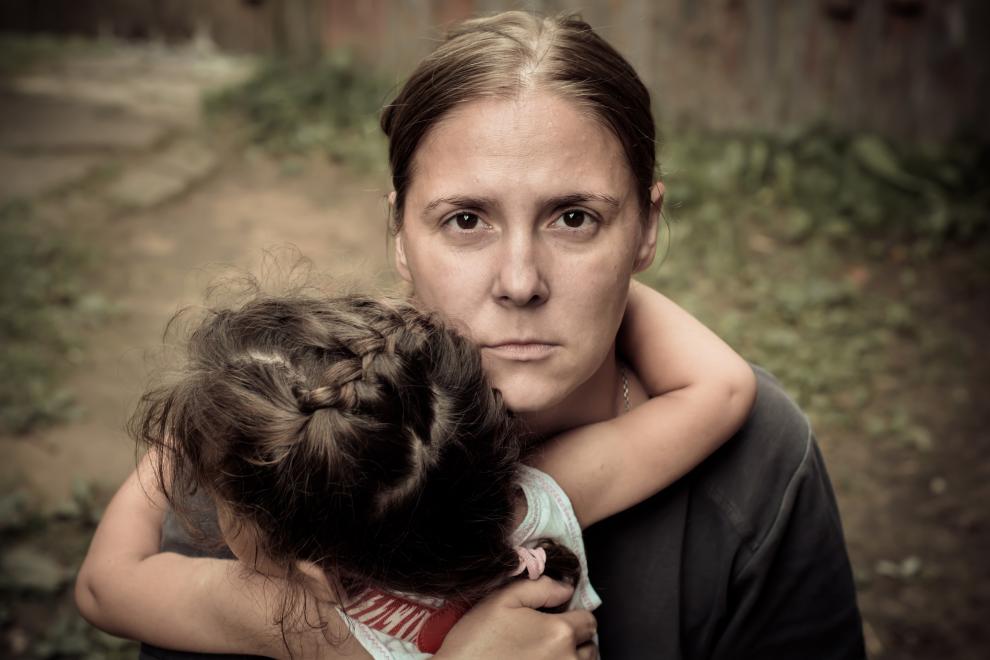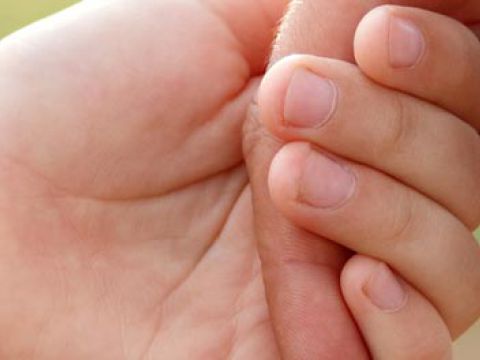2018
Vancouver's Harsh Winter Exacerbates Depression in the Homeless

Homelessness is by no means easy, and when winter rolls around it becomes only more difficult. However, in many cases one of the most difficult things about being homeless is the depression that often follows those living on the streets. Unfortunately, depression only gets worse in the winter.
Depression in the Winter
The winter weather can greatly affect our mental state – Seasonal Affective Disorder (SAD) is a well documented form of depression that often strikes seemingly healthy people during the winter months. Short and frigid days place much extra burden on the homeless in our communities. On a physiological level, a cooler core temperature renders enzymes in the brain less effective, causing mental lethargy. For those already dealing with tough emotions, the cold weather can collapse their instinct for self-preservation.
The Greatest Risks of Homelessness in the Winter
Homelessness in the winter comes with a series of risks. Depression is third on the list of greatest risks as shown below:
- Hypothermia
In cold weather, the body loses heat much faster than it can be produced – breathing becomes slow and shallow. Confusion, dizziness, and slurred speech may set in, as well as loss of coordination. Eventually the person may lose consciousness. - Frostbite
During prolonged exposure to cold, the body may restrict blood vessel furthest from the core in an effort to conserve the heat in the vital organs. Cells and tissues may die off, and may lead to irreparable damage. - Depression
With precious few daylight hours, and temperatures too cold too venture outside, the risk of developing Seasonal Affective Disorder becomes very high. Coupled with an already increased rate of depression among those living on the streets, the consequences can be vey serious. - Loneliness
The loneliness and isolation of the winter can be extremely difficult, especially when coupled with depression symptoms. Often times the winter can mean too much alone time in one place during which people can ruminate on past experiences and hardships, furthering their depression tendencies.
Homelessness is never easy, but it becomes so much harder in the winter months when daylight is short and the weather is cold.


 September 29th, 2025
September 29th, 2025
 July 29th, 2025
July 29th, 2025
 May 29th, 2025
May 29th, 2025

